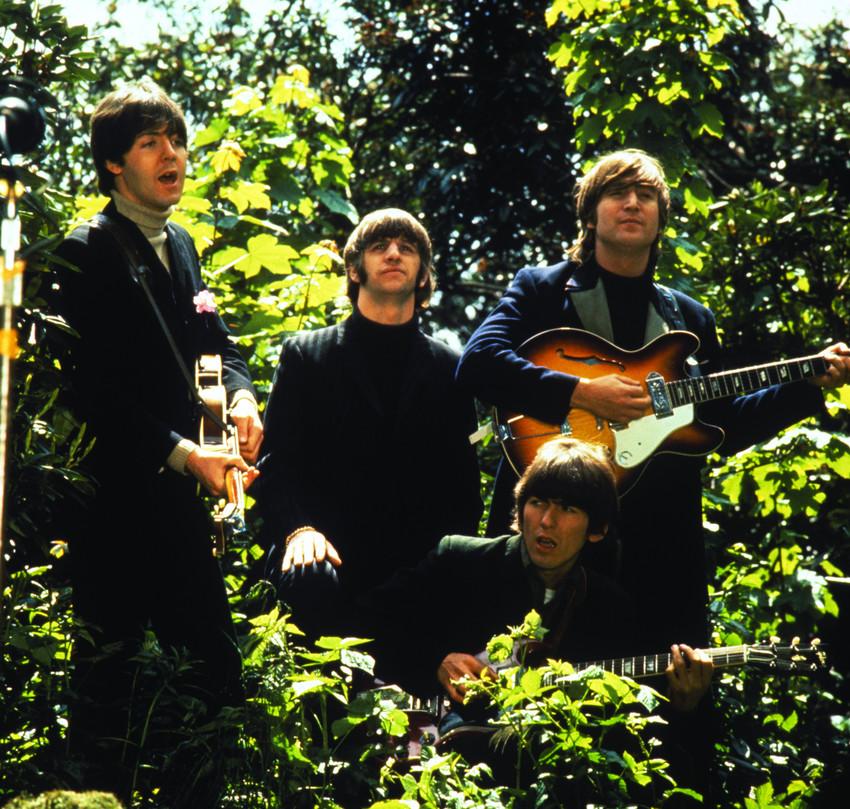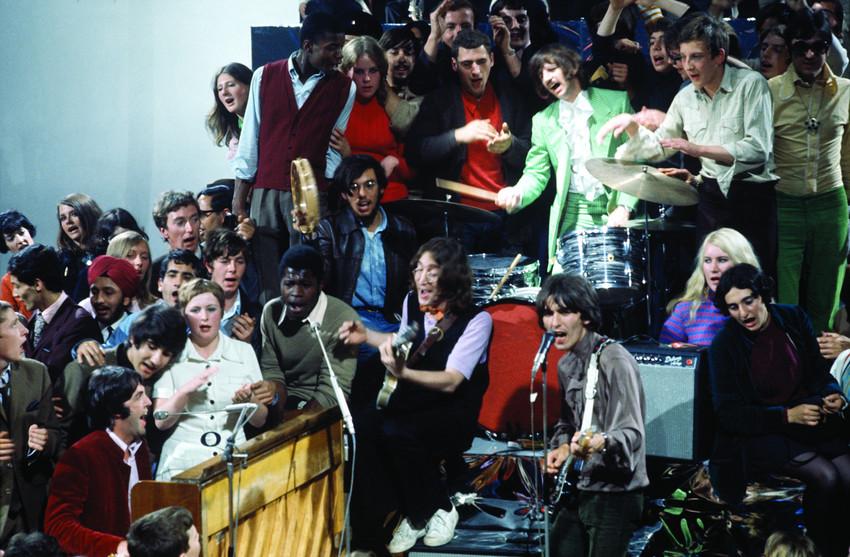The year was 1966. And four of the most popular people on the planet were about to retreat not only from the grind of touring, but from appearing live on TV, too.
But The Beatles kept churning and burning the midnight oil with new releases.
And one way to help alleviate the relentless workload was to release promo films for their new tunes — some of the first music videos, if you will.
A taped performance of the group singing "We Can Work It Out" was one of their early ones.
A few months later, in the spring of '66, The Beatles released "Paperback Writer" and "Rain." For this round of music videos, the group hired director Michael Lindsay-Hogg to film their next two videos.
According to Lindsay-Hogg, he got a call from Beatles' manager Brian Epstein who liked his work on the rock 'n' roll variety show Ready Steady Go!
Ideas were batted around, including one in which Lindsay-Hogg suggested that the lads "be reporters working in a newspaper office, but Paul would be secretly scribbling away on a paperback novel." In the end however, Brian Epstein nixed the idea and had the group mime the tune at Abbey Road. Another set of videos were filmed the following day on the grounds at Chiswick House in London.

Two years later Michael Lindsay-Hogg was back on the scene: This time for the filming of "Hey Jude" and "Revolution." The tunes were shot on the same day and each would have a different look. Lindsay-Hogg says for John's tune is was to be "quick, down-and-dirty, fast…"
oembed://https%3A//www.youtube.com/watch%3Fv%3DBGLGzRXY5Bw
And for Paul's track, the four-minute closing chorus included a huge cross-section of people in the audience so "it looks like a real celebration … it's joyous."

These and all the videos The Beatles filmed have been restored and re-released. Lindsay-Hogg says it's not that the original films were in bad shape, but that they hadn't "been to the gym for a while" and are "stronger looking now."
And the one song Michael Lindsay-Hogg wishes he directed? A song that evokes memories — "Penny Lane." The job instead went to the late Swedish director Peter Goldmann.